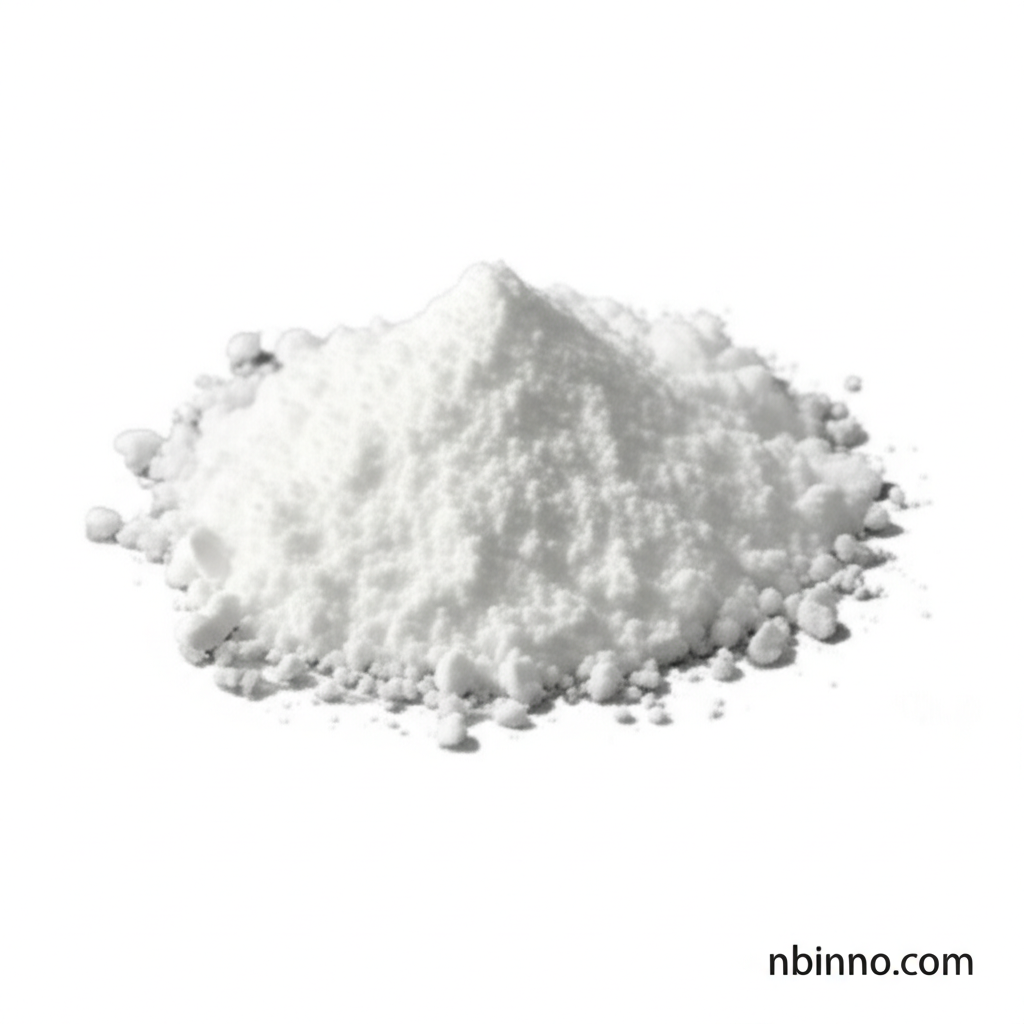Dihexa Peptide: Advanced Nootropic for Cognitive Enhancement and Neuroprotection
Explore the groundbreaking potential of Dihexa, a synthetic peptide renowned for its significant neurogenic and neuroprotective properties, offering a new frontier in cognitive health and research.
Get a Quote & SampleProduct Core Value

Dihexa
Dihexa is a cutting-edge synthetic peptide that has garnered significant attention for its remarkable neurogenic and neuroprotective effects. As a high-quality supplier in China, we provide Dihexa that acts as a potent mimic of hepatocyte growth factor (HGF), actively stimulating the c-Met receptor. This stimulation initiates a cascade of beneficial events that enhance neurogenesis and synaptic plasticity, contributing to improved cognitive function.
- Discover the potential of Dihexa for cognitive enhancement and its role in improving memory.
- Learn how Dihexa peptide benefits can be leveraged in advanced neurochemical research.
- Understand the neuroprotection offered by Dihexa, a key aspect of its application in neurodegenerative disease research.
- Investigate Dihexa as a research chemical for scientific studies on cognitive function.
Key Advantages and Benefits
Enhanced Cognitive Function
Dihexa is known to significantly improve cognitive functions, making it a valuable asset in understanding and potentially treating cognitive disorders.
Neuroprotective Properties
The peptide's ability to protect neurons from apoptosis suggests its critical role in neurodegenerative disease research, offering a pathway for new therapeutic strategies.
Promotes Neurogenesis
By stimulating the c-Met receptor, Dihexa actively promotes the growth of new neurons, a vital process for brain health and repair.
Key Applications
Cognitive Enhancement
Dihexa is widely explored for its capacity to boost memory and learning abilities, supporting cognitive enhancement research.
Neuroprotection Research
Its ability to shield neurons from damage makes Dihexa a crucial compound in studies focused on preventing or mitigating neurodegenerative diseases.
Neurogenesis Studies
Researchers utilize Dihexa to investigate the mechanisms of new neuron formation, essential for brain plasticity and recovery.
Alzheimer's and Parkinson's Disease Research
The peptide's potential to address the challenges posed by these diseases makes it a subject of intense scientific interest.
